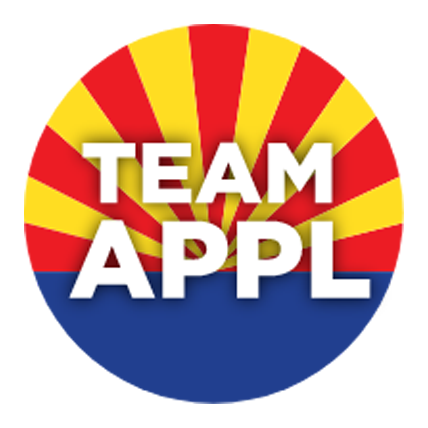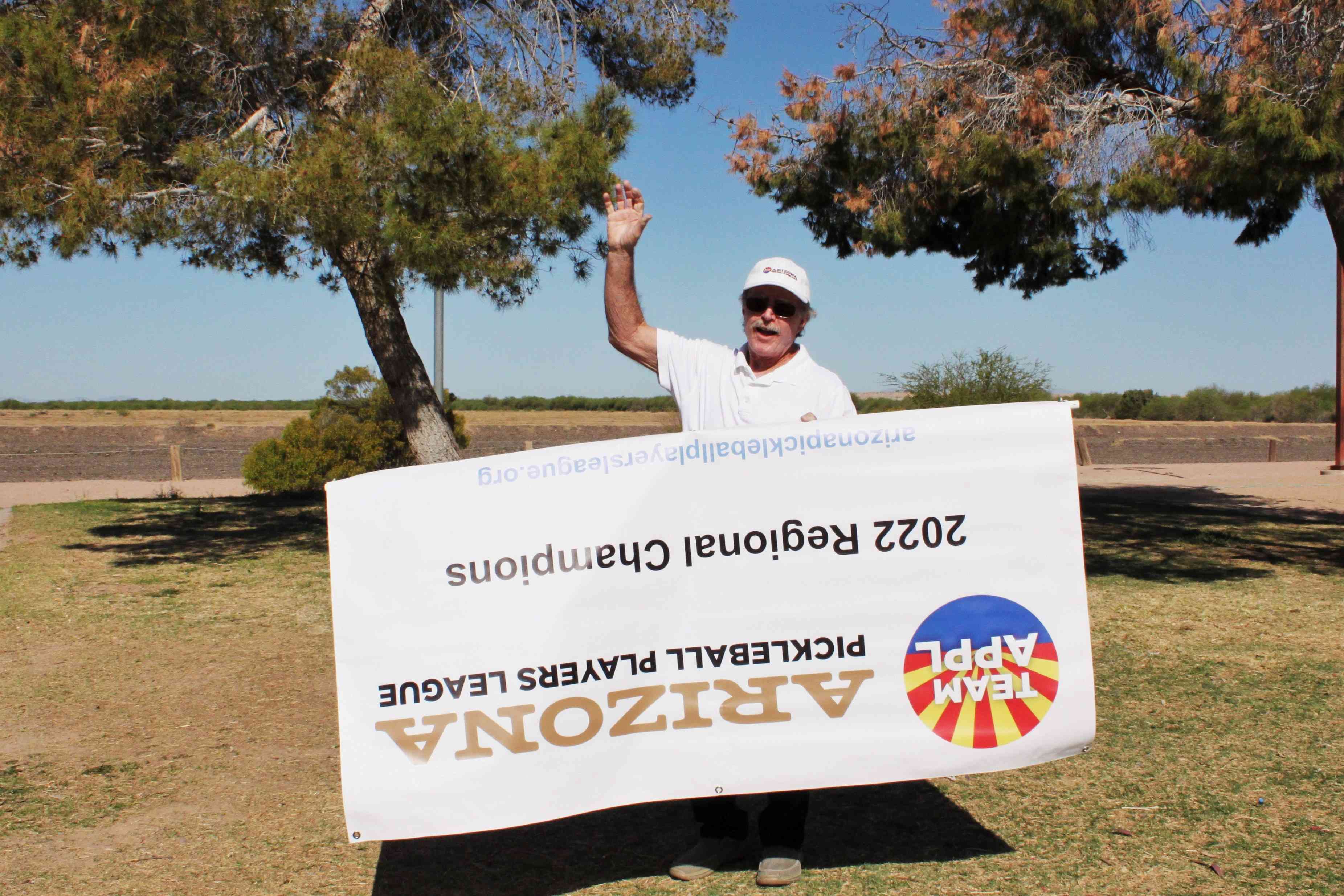 A Message from the Commissioner Hello APPL enthusiasts! Hopefully you are enjoying some lower temperatures and getting some games in! The main focus of this newsletter is to prepare you for next season. Team registration starts on October 2nd, and we want to make sure there are no surprises with the recent rule changes we have made. | Our volunteers are working hard to streamline several of our administrative processes in areas including player registration, scheduling for public and fee-based courts and others. You will hear more about that later in this newsletter and along the way. When we say we want to help you prepare for the upcoming season, that preparation is not only to be familiar with some of the changes we have made. In this edition we also have some information on how you might prepare as a player….especially if you have ever popped the ball up a little too high and received a bruising smash response. Now here’s a quiz to see how well you know and understand the new APPL rules that were highlighted in last month’s newsletter. Good luck! Greg Mather |
|---|
New APPL Rules Quiz
(Scroll to the end to check your answers)
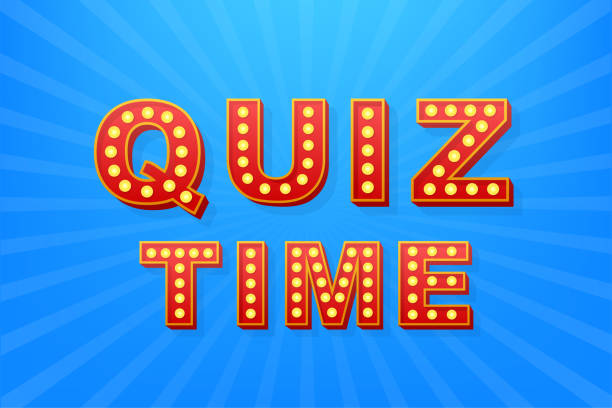
- What rating source will you use when registering as a player?
- What skill level team can you play on?
- What is the maximum number of players, with a rating 0.5 lower than the flight’s skill level, that will be allowed on a team?
- What are the three age groups APPL will offer for league play this coming season?
- What are the skill levels (flights) that will be offered?
- When does team registration end?
Newsletter Highlights
| Season 2024 Key Dates Put these REVISED dates on your calendar! | APPL Captain Mentorship News Find out about the APPL Captain Mentorship & Volunteer programs… | GAME ON! Popping up the ball? Read more… |
|---|
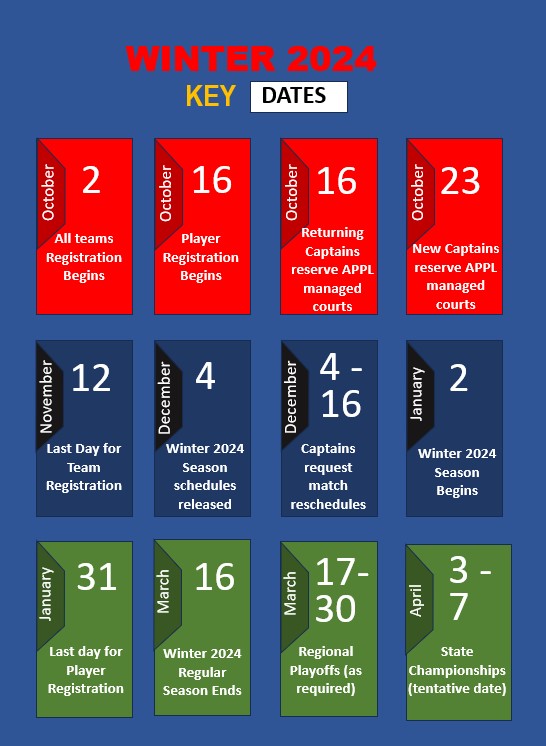
Reservations for APPL Managed Courts
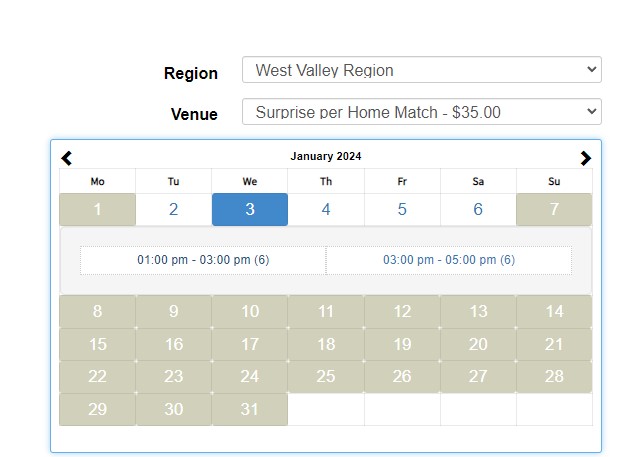
We will implement a new reservations feature for APPL Managed Courts (public and fee-based courts) this year. Captains indicating they intend to use APPL Managed Courts when they register their team will separately reserve their Home Match courts online. APPL Managed Court reservations will begin October 16th in two phases:
- Returning Captains will get first priority in selecting their Home Match courts day and time slot beginning October 16th.
- New Captains will get to do the same beginning October 23rd.
Once slots are taken, they will no longer be available for other teams. Captains will receive emailed reservation instructions shortly before the reservations open. It is advised that captains coordinate with their players in advance of these dates so they are prepared to select the courts, day, and time slot.
Captain Mentorship Opportunity
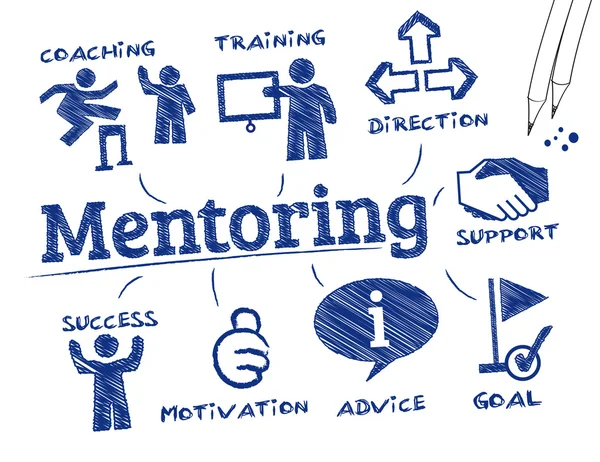
APPL is initiating a Mentorship Program to assist new Team Captains with their role and responsibilities throughout the league season. Mentors will include experienced Team Captains who wish to volunteer in this capacity. A Captain Mentor will function as the first line of contact for new captains as questions and concerns arise. Being knowledgeable of APPL resources, rules, and procedures, they will also provide “best practices” to help prevent problems from occurring. Please let your League Coordinator know if you are interested. We look forward to offering this additional layer of support! Thank you in advance for your interest and participation.
What Happens when less than three teams register for a flight?

APPL understands the effort it takes to form a team and, therefore, strives to allow everyone who forms a team the ability to play in the league. Ideally, we will have enough teams in each skill level and age group to provide for a reasonable number of matches for each team. However, there are times when only one or two teams sign up for a flight. Instead of dismissing these teams, APPL has typically merged them with another flight. We prefer this solution to be the exception rather than the rule, and we will discuss the various merger options before making a decision. We appreciate your help in encouraging your friends to form teams in your flight to better ensure that your skill level/age group will not need to merge with another flight.
The pickleball couple who plays together…is probably going to need therapy!
Marketing Manager Volunteer Needed
| Would you like to work with an awesome team of pickleball enthusiasts? We are looking for an experienced volunteer to be our Marketing Manager. The goal of this role is to increase the public’s awareness of APPL, generate positive media coverage, and secure sponsorships in support of our objectives. This role will be a member of the APPL Executive Committee which meets bi-weekly. If you are interested, please email your resume or qualifications to Alexa Erjavic at aerjavic@gmail.com. |
“Volunteers do not necessarily have the time; they just have the heart.” – Elizabeth Andrew

Popping the Ball Up
Why do we try to hit the ball at our opponent’s feet? Because it forces our opponent to respond with an upward swing of the paddle in order to get the ball over the net. We are hoping for an easy pop-up that we can put away to end the point.
Consider this… If you can get your opponent to contact the ball anywhere below the net, then your opponent MUST respond by hitting the ball UP to get it over the net. The lower the contact point, the more upward motion your opponent has to make in order for the ball to clear the net. So, if and when this happens to you, what can you do to prevent the pop-up that your opponent is looking for?
- Respect your opponent’s good shot at your feet. Don’t try to respond with a hard offensive shot. You are on defense and your goal is to get the ball back over the net with a low, soft trajectory that is unattackable.
- Control the bounce of the ball off your paddle. The bounce of the ball off your paddle face determines how far the ball will travel before it hits the ground. During warmups, practice controlling how deep the ball travels as measured from the net. During warm-ups, hit some dinks two feet from the net, then three feet, then make the ball fall at the kitchen line. Grip pressure is the key to controlling the bounce off your paddle. A softer grip pressure results in a softer bounce off your paddle, so a non-attackable ball will be sent over the net for the opponent to deal with.
- Focus on the angle of your paddle face when striking the ball. For example, when warming up, strike the ball about thigh high and set the proper paddle angle so that the ball just clears the net. Repeat this “drill” by impacting the ball at ankle-high level, and notice the angle of the paddle face required to get the ball to just clear the net. Clearly, you do not want to use the same paddle angle for both shots. Bottom-line, be conscious of your paddle angle so that the ball you send over to your opponent travels low over the net.
- We are taught, when dinking, to hit the ball out of the air (volley) when possible, thereby not letting the ball bounce. By getting the ball back to our opponent quickly, we place pressure on our opponent. However, sometimes the resultant ball path from this volley is too high and deep, giving your opponent the opportunity to end the point with a slam. An alternative is that you might let the ball bounce. This will then give you more time to prepare your shot with the proper paddle angle, grip pressure, and stroke to keep the ball path low over the net.
- Lastly, if you find that you are popping the ball up into the smash zone of the opponent directly in front of you, next time try directing the ball cross-court using the same grip pressure and short swing. Because the diagonal opponent is farther away from you, your ball now falls harmlessly into the kitchen in front of your diagonal opponent.
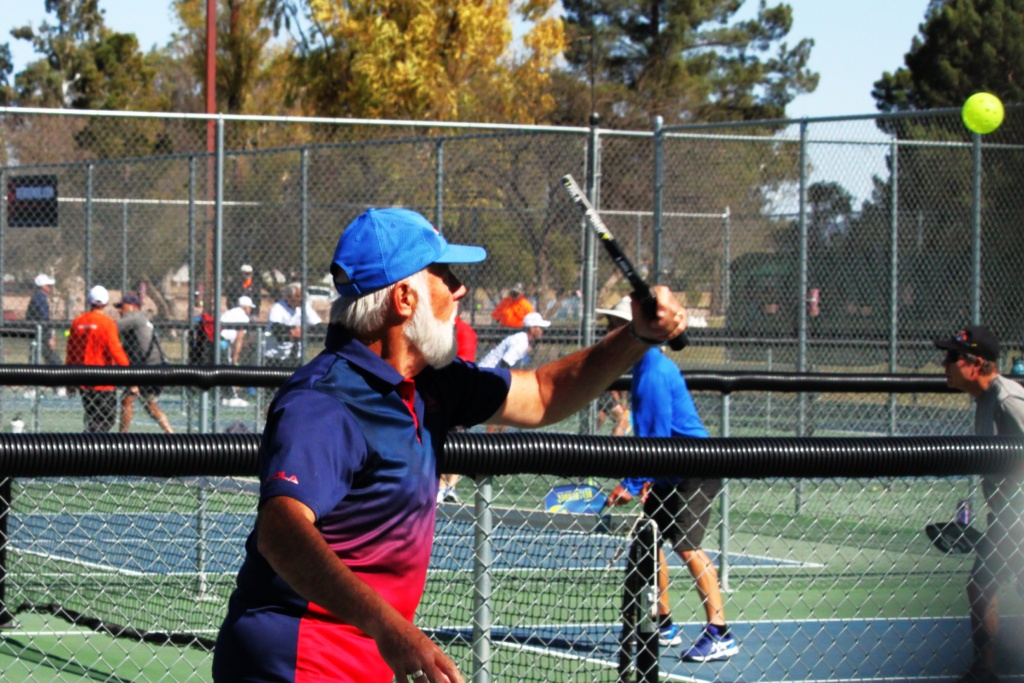
Quiz Answers
- What rating source will you use when registering as a player? You will have three selections to choose from as the rating source when you register as a player. One choice is “National” (the highest of your DUPR, UTPR, WPR or Pickleball Brackets ratings). If you don’t have a National rating, then you will choose either “Captain” as the source of your rating (much like a self-rating, but it is agreed upon by your Captain). Or, you will choose “Appealed” if you have filed for, and have been granted, an appeal of your National rating.
- What skill level team can you play on? The flight/team skill level that is equal to your rating, unless you are playing on a team that is half of a point higher than your rating and your Captain chooses to allocate one of their three “lower rating” slots to you.
- What is the maximum number of players with a rating 0.5 lower than the flight’s skill level will be allowed on a team? Three players regardless of the size of the team roster.
- What are the three age groups APPL will offer for league play this coming season? 18+, 50+, 65+
- What are the skill levels (flights that will be offered? 2.5 (East Valley and West Valley Regions only), 3.0, 3.5, 4.0, 4.5, and Open. The 4.5 Division will be a stand-alone division; no longer will it be combined with 5.0+ (Open).

